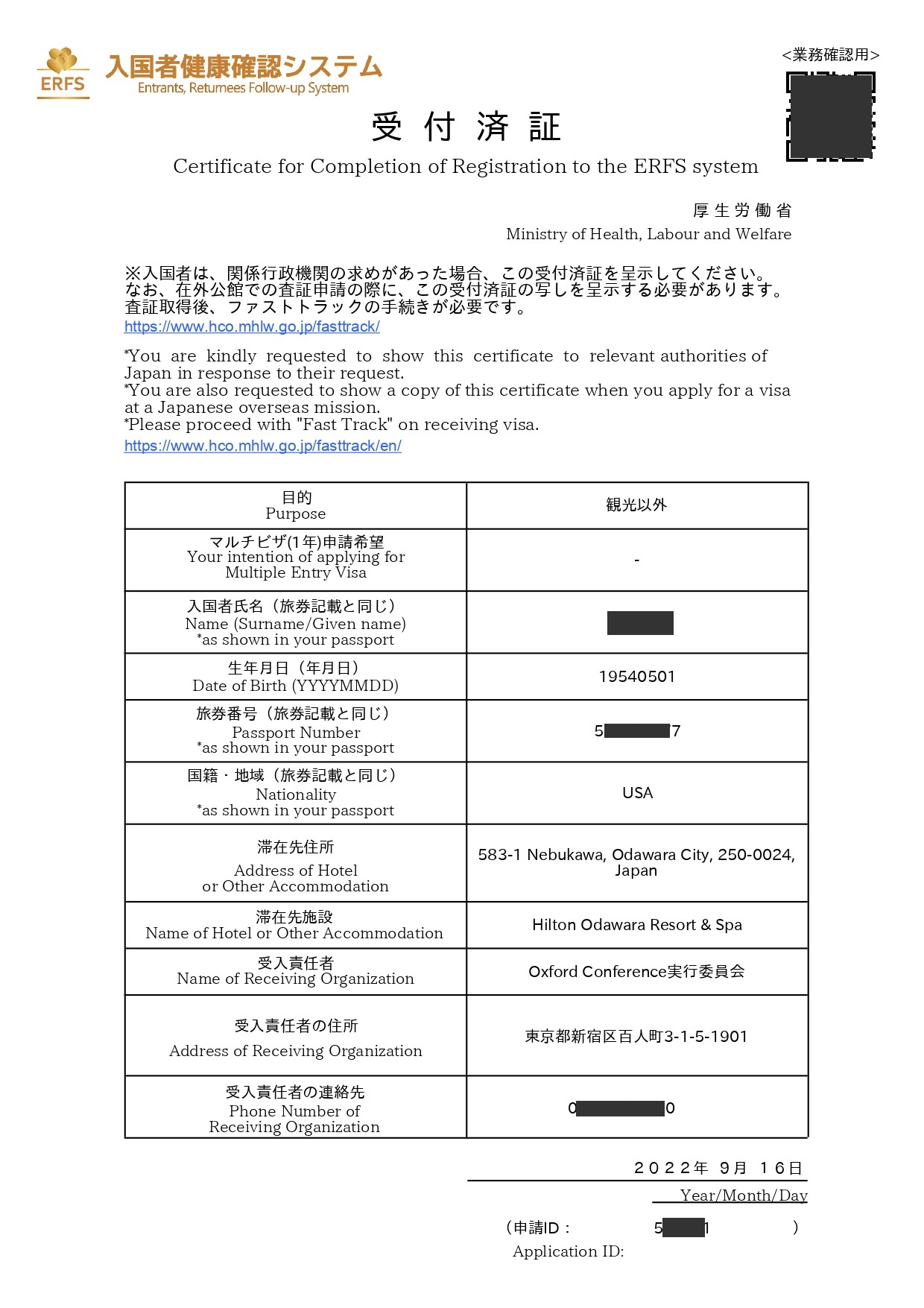
Singapore citizens don’t need a visa to visit Japan. This makes it easier for them to pay short visits for vacations or business purposes. However, do note that you would still need a passport or national ID card. Business travelers have a sigh of relief when they wish to attend any business meetings/events in Japan. This policy also proves helpful for Singapore citizens to tackle family emergencies. You will need to apply for a visa extension if you are staying in Japan for more than the initial duration. Besides, if one is interested in working in Japan, or in search of a residence permit, there is a specific procedure to be followed. A Japanese visa for Singapore citizens is not needed but there may be slight complications due to visa renewal and a few permits pertaining to certain purposes. Nothing that concerns your visa; the experts at Visitsvisa will sort it all.
Commence on your journey through shimmering sands and towering skylines with Japan Visa Processing: Apply, Await, Anticipate, and Delight.
| Type of Visa | VISA FEE ($) | Express Delivery ($) | Insurance ($) | Action |
|---|---|---|---|---|
| 90 days, Single Entry | 119 $ | 69 $ | 49 $ | Apply Now |
VisitsVisa is like a compass which will guide you through the complexity of visa applications by providing you with a convenient checklist of all of the essential documents. So long to looking for any needed documents; you will move with ease by just a click to access the whole list and fill the application without any obstacles.


Japan offers several types of visas, including Tourist Visa, Business Visa, Working Visa, Student Visa, and Transit Visa. The right one for you depends on your purpose of visit—whether it’s tourism, business, work, study, or a short transit. Carefully check the eligibility requirements for each visa type to determine which is appropriate for your trip.
Most visitors need a visa unless they are from a country with a visa exemption agreement with Japan. Citizens of over 60 countries can enter Japan visa-free for short stays, usually up to 90 days. However, confirm your specific visa requirements based on your nationality and intended length of stay.
The visa processing time generally takes 5-10 working days after submitting the application. However, times may vary depending on the visa type and application volume. It’s recommended to apply at least 1-2 months before your intended travel date to avoid any delays.
Basic documents include a completed visa application form, a valid passport, recent passport-sized photos, proof of financial means, and a travel itinerary. Additional documents like a letter of invitation, employment details, or academic records may be required based on your visa type.
The visa processing time generally takes 5-10 working days after submitting the application. However, times may vary depending on the visa type and application volume. It’s recommended to apply at least 1-2 months before your intended travel date to avoid any delays.
Visa extensions for short-term visas, such as Tourist Visas, are rarely granted. Extensions are generally only approved in exceptional cases, like medical emergencies. For longer stays, it is advisable to apply for the appropriate long-term visa.
Yes, most applicants must show proof of a return or onward ticket as part of their travel itinerary. This demonstrates your intent to leave Japan within the authorized stay period, which strengthens your application.
Currently, Japanese visa applications are typically submitted in person at the nearest Japanese embassy or consulate. However, Japan is expanding eVisa options for specific countries and may extend online applications in the future. Check your country’s eligibility before applying.
No, working in Japan on a tourist visa is strictly prohibited. For employment, you must apply for an appropriate work visa, which may require a job offer from a Japanese employer and additional documentation.
While Japan doesn’t specify a minimum balance, applicants should demonstrate sufficient funds to cover their stay. Generally, it’s advisable to have enough to cover your daily expenses, accommodation, and return ticket.
If your visa application is denied, you may not be given the specific reason. However, you may reapply after addressing any potential issues, such as incomplete documentation or financial concerns. Ensure all documents are accurate and complete in the re-application.
Yes, business visa holders can engage in tourism activities during their stay, provided the main purpose of their trip is business. However, a business visa cannot be used solely for tourism purposes.
Currently, Japan doesn’t mandate any specific vaccinations for entry. However, travel guidelines may change based on health conditions globally, so check for the latest updates before traveling.
Tourist visa holders from most countries can stay in Japan for up to 90 days. Some nationalities have shorter or longer permitted stays based on their visa agreement with Japan. For longer stays, consider applying for a different visa type.
Yes, family members, including spouses and children, can apply for a dependent visa if the primary visa holder has a long-term visa, like a work or student visa. Dependents may need proof of relationship and financial support documentation.